-
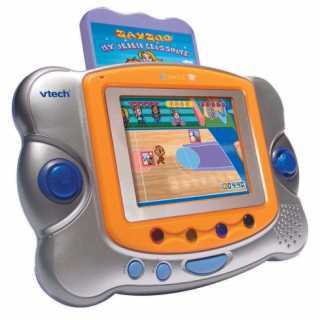
V.Smile
The V.Smile is an educational video game console made for young children.
Launched on August 29, 2005
Hosts 36 games
-
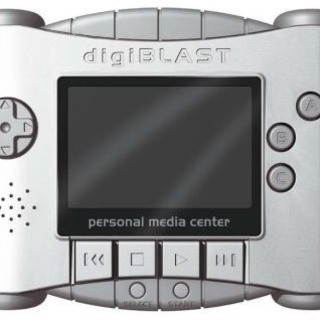
Digiblast
The Digiblast (digiBLAST) is a handheld console produced by Nikko in the Netherlands and released in 2005.
Launched on August 05, 2005
Hosts 0 games
-

Advanced Pico Beena
SegaToys launched this successor to the kid-focused Pico console in 2005. A lower-priced model called the BeenaLite followed in 2008, but neither was released outside Japan.
Launched on August 05, 2005
Hosts 0 games
-
.jpg)
Timetop GameKing III
The Timetop GameKing III is a handheld console release in Asia by Guangzhou Daidaixing Electronics Tech. Unlike previous iterations, the GameKing III features a color screen. It is backwards compatible with GameKing I & II games.
Launched on August 01, 2005
Hosts 0 games
-

PlayStation Portable
PlayStation Portable (PSP) is Sony's first entry into the handheld gaming market. The PSP also sports multimedia features including music and video playback, a photo viewer, and an online store. Several model revisions have been released: the PSP-2000, 3000, PSPgo and the PSP-E1000.
Launched on March 24, 2005
Hosts 1537 games
-
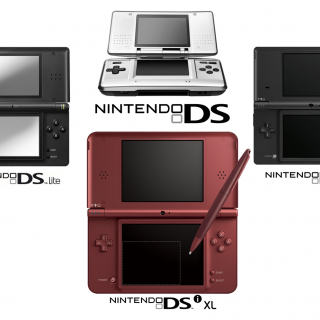
Nintendo DS
The Nintendo DS is a handheld featuring two screens, one of which is a resistive touchscreen. Four different models are available: the original DS, the DS Lite, the DSi, the DSi XL.
Launched on November 21, 2004
Hosts 2211 games
-
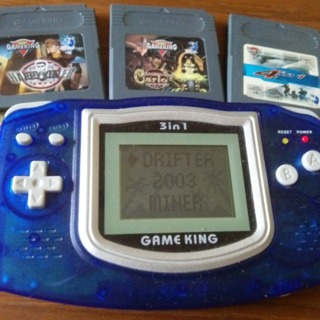
Timetop GameKing
The Timetop GameKing is a Chinese handheld console. While being a gray-scale, 8-bit system, it was notable for its excellent audio.
Launched on September 01, 2004
Hosts 0 games
-
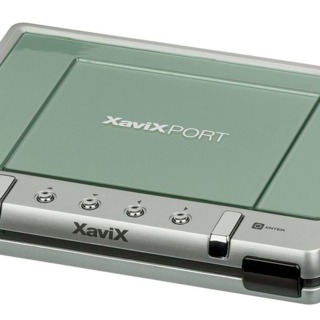
XaviXPORT
The XaviXPORT is a fitness-oriented system that works with cartridges and fitness gear, like specialized golf clubs, boxing clubs, and baseball bats.
Launched on August 28, 2004
Hosts 10 games
-
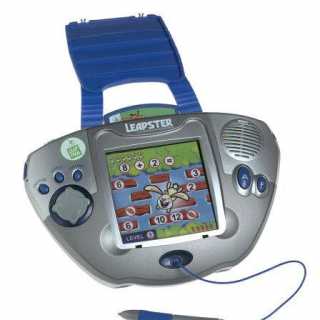
Leapster
The LeapFrog Leapster is a stylus-based educational game device aimed at children under 10.
Launched on November 29, 2003
Hosts 42 games
-
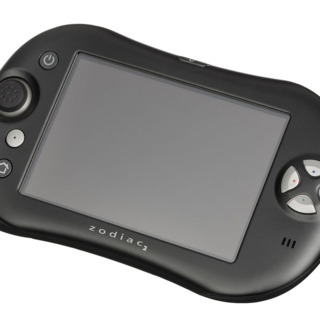
Zodiac
A Palm based PDA/Portable games console with a touch screen, which for a short time had an active homebrew community. It was released in two different editions with different amounts of onboard memory, the Zodiac 1 (32MB) and the Zodiac 2 (128MB).
Launched on October 31, 2003
Hosts 14 games
-
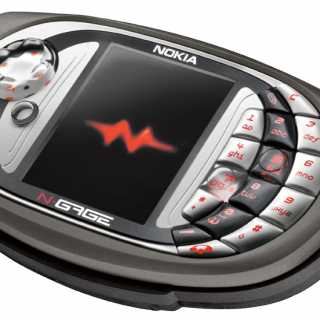
N-Gage
The N-Gage (later re-released as N-Gage QD) was a failed gaming platform developed by phone manufacturer Nokia. Games in MMC-Card format were sold for the platform, and towards the end, games were available for download to your own MMC.
Launched on October 07, 2003
Hosts 81 games
-
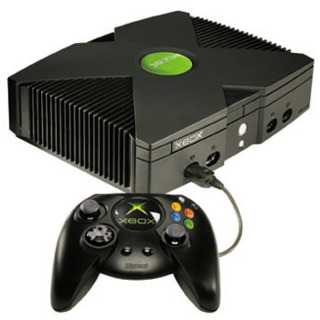
Xbox
Microsoft's first home gaming system and one of the first to include an internal hard drive and built in online play capability. It was considered the first console to have fully supported meaningful online play.
Launched on November 30, 2001
Hosts 1031 games
-
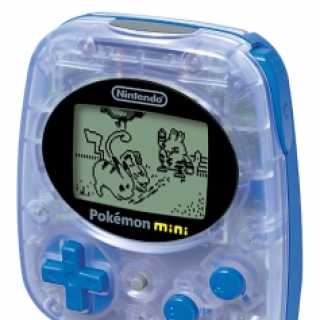
Pokémon mini
The Pokemon Mini is a handheld game system developed by Nintendo in the early 2000's focusing solely on mini-games within the Pokémon universe.
Launched on November 30, 2001
Hosts 10 games
-
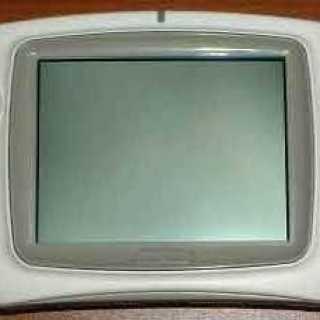
GamePark 32
The GamePark 32 is a Korean handheld that actually attained popularity in European markets after its release. The console was popular due to its vast abilities, including emulation, freeware, homebrew, music playback, and more.
Launched on November 23, 2001
Hosts 34 games
-
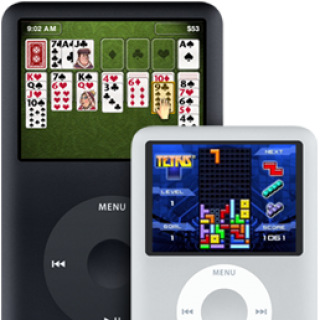
iPod
The Apple iPod is a popular MP3 player that garnered a bit of game support due to its large market. Support for games never took off until the newer, touch-screen iPod Touch and iPhones were released, and development of iPod Classic games has ceased.
Launched on October 23, 2001
Hosts 62 games
-
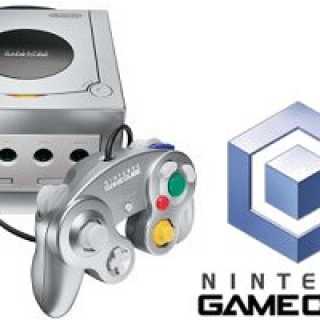
GameCube
The Nintendo GameCube is a sixth generation video game console released by Nintendo on September 15, 2001 in Japan, November 18, 2001 in North America, May 3, 2002 in Europe, and May 17, 2002 in Australia.
Launched on September 14, 2001
Hosts 640 games
-
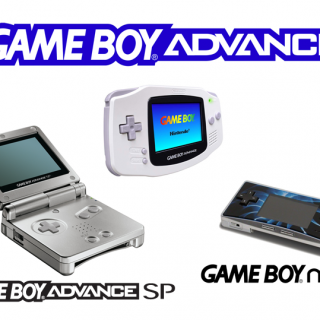
Game Boy Advance
The third platform in the Game Boy line, the Game Boy Advance was offered in a multitude of colors and had three hardware offerings, the sideways Game Boy Advance, the flip Game Boy Advance SP and the tiny Game Boy Advance Micro.
Launched on March 21, 2001
Hosts 1312 games
-
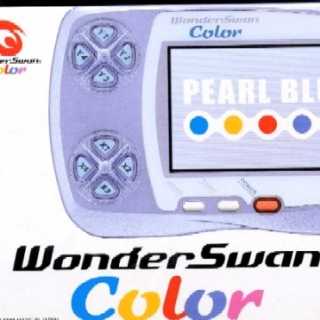
WonderSwan Color
A Handheld gaming device from Bandai. The system was noteworthy for supporting play on the system vertically or horizontally, depending on the particular game.
Launched on December 09, 2000
Hosts 72 games
-
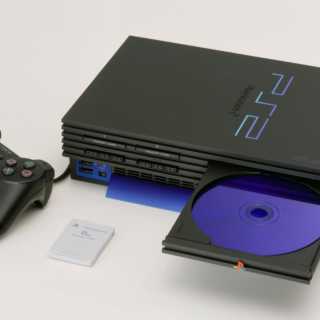
PlayStation 2
Sony's PlayStation 2 is the second home video game console produced by Sony Computer Entertainment Incorporated, and to date is the best-selling home console of all time, with an install base of 150 million units since its launch.
Launched on March 04, 2000
Hosts 3382 games
-
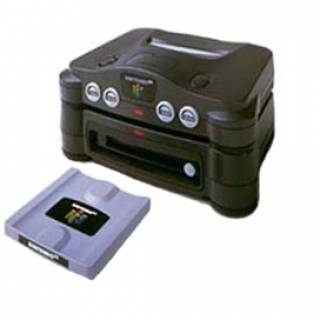
Nintendo 64DD
The Nintendo 64 Disk Drive was an expansion for the Nintendo 64 allowing the use of magnetic disks that offered greater storage capacity and the ability to be written to.
Launched on November 30, 1999
Hosts 10 games
-
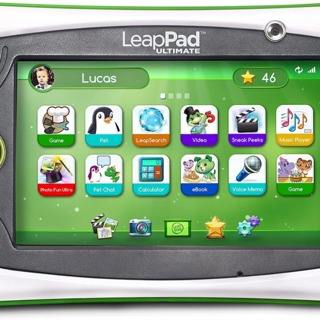
LeapPad
LeapPad is a series of tablets developed by LeapFrog beginning in 1999. They are primarily intended for children.
Launched on May 01, 1999
Hosts 0 games
-
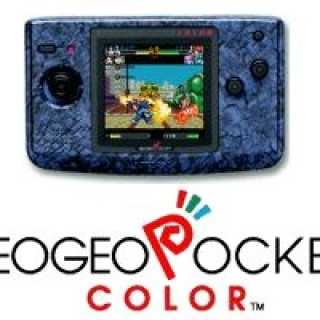
Neo Geo Pocket Color
The Neo Geo Pocket Color is a 16 bit color handheld console from SNK.
Launched on March 16, 1999
Hosts 69 games
-
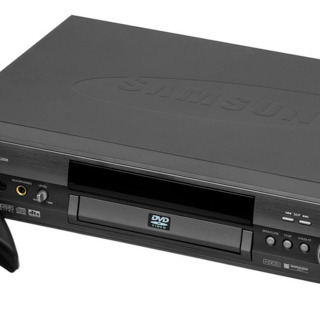
NUON
Originally called "Project X", the Nuon started out as a concept for a stand alone console but instead became a built in 3D enhancement technology in a handful of DVD players. NUON technology fared abysmally and the platform only managed to get 8 titles.
Launched on March 09, 1999
Hosts 17 games
-
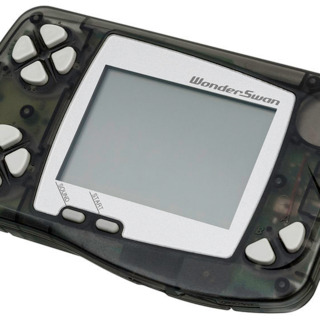
WonderSwan
The WonderSwan was a Japan-only handheld game system that had a fairly large library of games and many accessories.
Launched on March 01, 1999
Hosts 78 games
-
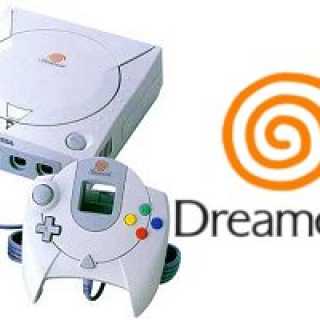
Dreamcast
The Dreamcast is the fifth and final console developed by Sega and the first of the sixth-generation of consoles to release. As the first 128-bit system, it was the first to offer truly arcade-quality 3D graphics. It is famous for being the first console to include worldwide online capability, its game library, and its unexpectedly short life span.
Launched on November 27, 1998
Hosts 498 games
-
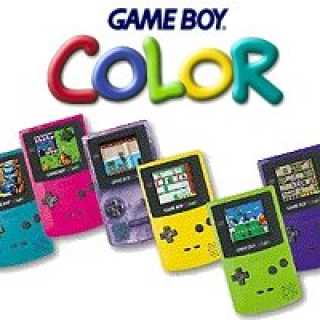
Game Boy Color
Nintendo's successor to the Game Boy, featuring a color screen and backwards compatibility for all previous Game Boy titles.
Launched on October 31, 1998
Hosts 715 games
-
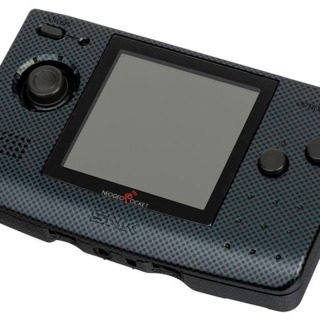
Neo Geo Pocket
The Neo Geo Pocket is SNK Playmore's first handheld video game console. The console did not do as well as expected, and had a short life span and small game library.
Launched on October 28, 1998
Hosts 13 games
-
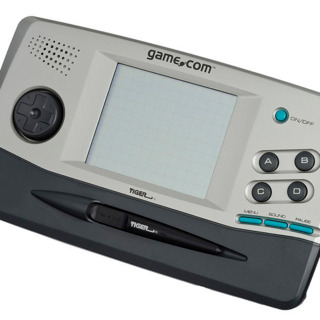
Game.Com
Tiger's second short-lived portable console was a video game and PDA hybrid
Launched on September 30, 1997
Hosts 24 games
-
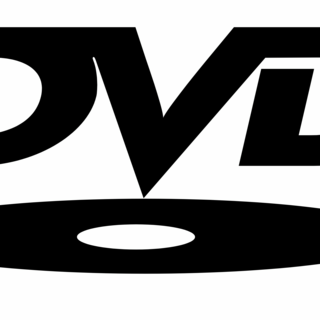
DVD
While primarily a format for movies and other video, video games were made that are playable via a standard DVD player.
Launched on November 01, 1996
Hosts 0 games
-
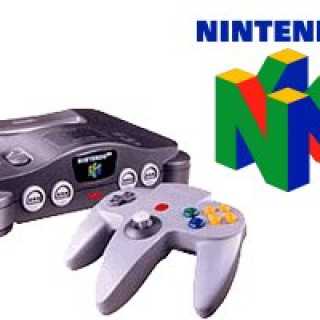
Nintendo 64
The successor to the SNES was Nintendo's entry in the fifth home console generation, as well as the company's first system designed specifically to handle polygonal 3D graphics.
Launched on June 23, 1996
Hosts 384 games
-
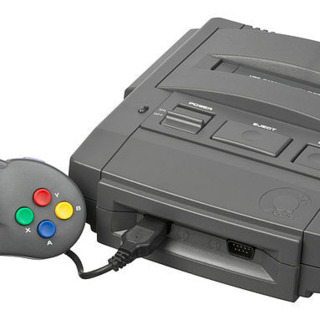
Super A'Can
Funtech released the Super A'Can in Taiwan in 1995. Only 12 games were produced for the 16-bit console before it was scrapped.
Launched on October 31, 1995
Hosts 12 games
-
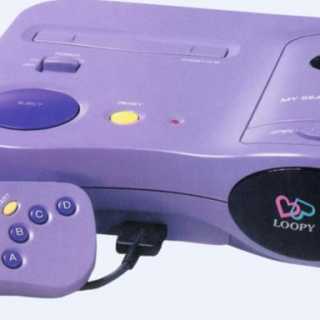
Casio Loopy
This Japan-only release was targeted at young girls and featured a built-in thermal printer to allow users to print their own puri-kura-style stickers. Only 10 games were released for the console.
Launched on October 01, 1995
Hosts 10 games
-
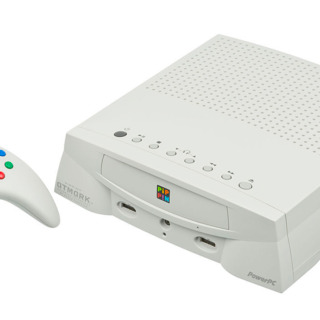
Pippin
This short-lived multimedia device was designed by Apple and manufactured by Bandai. It is widely regarded as one of the worst video game consoles of all time.
Launched on September 30, 1995
Hosts 10 games
-
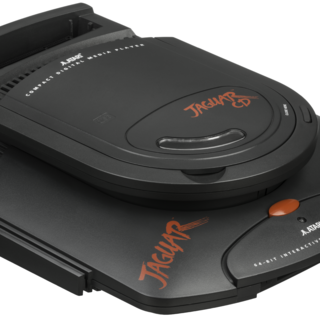
Jaguar CD
Atari released a CD-ROM drive for the Jaguar on September 21, 1995 for $149.99.
Launched on September 21, 1995
Hosts 15 games
-
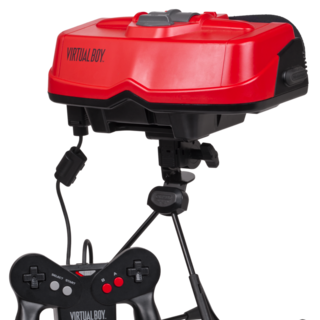
Virtual Boy
The Virtual Boy pioneered portable 3D gaming, but became Nintendo's biggest (and arguably only) market blunder. Despite innovative display technology, various design and marketing mistakes doomed it to poor sales and quick retirement. Fewer than two dozen titles came out worldwide and only 14 in North America.
Launched on July 02, 1995
Hosts 22 games
-
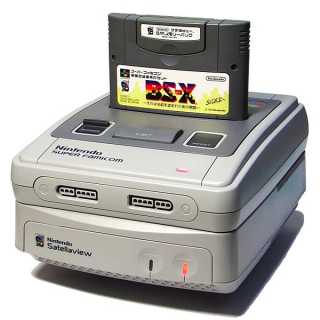
Satellaview
The Satellaview was an add-on for the Super Famicom, released only in Japan. It downloaded games and news via satellite broadcast, and received live, streaming voice acting and hints for some games.
Launched on April 30, 1995
Hosts 39 games
-
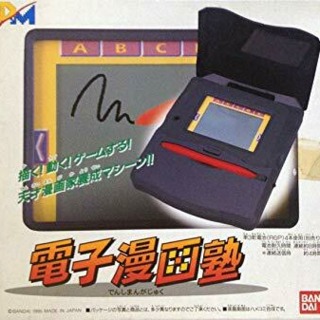
Denshi Mangajuku
The Denshi Manga (Design Master) was released by Bandai in 1995. It is considered the first touch screen gaming device ever produced.
Launched on March 03, 1995
Hosts 0 games
-
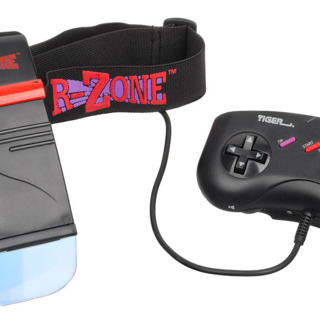
R-Zone
The R-Zone was a heavily marketed, cartridge based LCD handheld that ultimately flopped. It marked Tiger's first attempt at a handheld game system.
Launched on January 31, 1995
Hosts 21 games
-
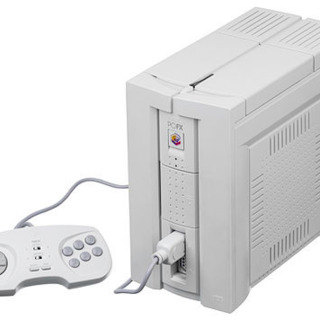
PC-FX
The NEC PC-FX was a console designed in the form of a PC and planned to be upgradable. It failed due to lack of 3D graphical power and little developer support. The PC-FX is known for its large percentage of adult titles and was NEC Corporation's last gaming console.
Launched on December 31, 1994
Hosts 52 games
-
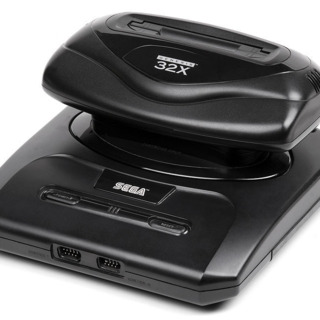
Sega 32X
Sega's short-lived jump into the 32-bit gaming era began with this add-on to the Sega Genesis.
Launched on December 31, 1994
Hosts 44 games
-
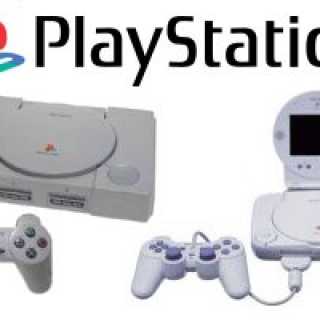
PlayStation
Sony's first video game console established the PlayStation brand. It dominated the 32/64-bit era and was the best-selling home console up until the PlayStation 2.
Launched on December 03, 1994
Hosts 2612 games
-
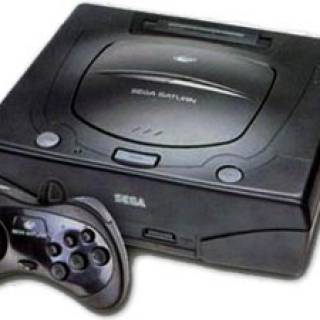
Saturn
A 32-bit game console developed by Sega. Due to development difficulties and the rising popularity of the PlayStation and N64, the Saturn was discontinued overseas in 1998, but continued to sell in Japan until 2000. It was Sega's most successful console in Japan yet their least successful console overseas.
Launched on November 22, 1994
Hosts 749 games
-
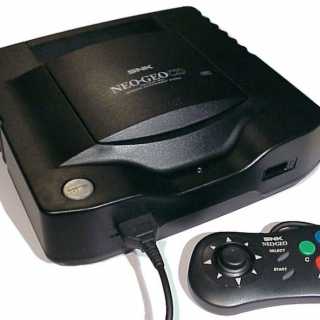
Neo Geo CD
The Neo Geo CD was released after its cartridge-based equivalent, in an effort to reduce manufacturing costs.
Launched on October 31, 1994
Hosts 92 games
-
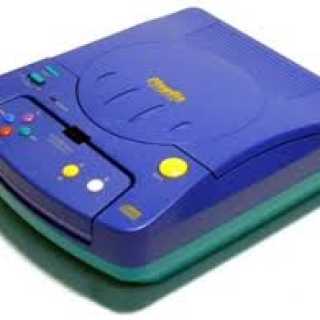
Bandai Playdia
The Bandai Playdia was an early nineties video game console released only in Japan.
Launched on October 31, 1994
Hosts 33 games
Use your keyboard!
- ESC
Log in to comment